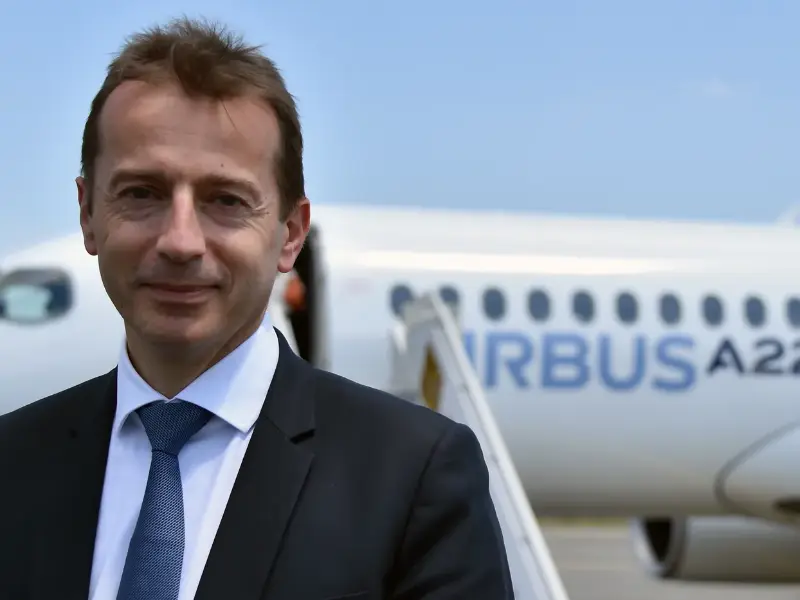- Airbus is facing delays in engine deliveries from CFM International, causing setbacks in its aircraft delivery targets for 2024.
- CFM’s open-rotor technology is promising, but Airbus remains cautious about its commercial viability amid industry scepticism.
OUR TAKE
Airbus CEO Guillaume Faury is feeling pretty optimistic about the open-rotor technology being developed by CFM International, but he’s not totally convinced it’ll be a commercial success. Meanwhile, Airbus is facing delays in engine deliveries from CFM’s LEAP engines, which is having an impact on the company’s aircraft delivery targets. While the open-rotor technology could bring some fuel-efficiency benefits, the challenges in implementation and ongoing engine delivery issues are making people wonder if these innovations will be reliable in the short term.
–Heidi Luo, BTW reporter
What happened
Airbus is facing delays in engine deliveries from CFM International, particularly for the LEAP engines that power its A320neo jets. These delays have forced Airbus to reduce its 2024 aircraft delivery target by 30 units.
The company had already issued a profit warning in July due to ongoing supply chain issues, with engine delays being a major contributing factor.At the same time, CFM International is testing an innovative open-rotor engine that could reduce fuel consumption by 20%.
While Airbus is optimistic about the potential efficiency gains, CEO Guillaume Faury emphasised that the technology’s commercial viability is still uncertain as noise and vibration issues remain.
“We’re still testing the open-rotor and checking it meets noise, vibration and performance standards. We hope it will be fuel-efficient,” Faury said.
Also read: Firefly Aerospace Breaks Record with Victus Nox Mission
Also read: Saudi woos electric flying taxi company Archer in race to be Gulf air hub
Why it’s important
CFM International, co-owned by GE Aerospace and Safran, is the world’s largest jet engine manufacturer by engine volume. Its LEAP engines power all Boeing 737 MAX jets and about half of the Airbus A320neo aircraft, competing with Pratt & Whitney for airline business. GE Aerospace CEO Larry Culp said the company was working closely with its top suppliers to address the shortage.
Boeing has expressed scepticism about the near-term viability of this technology, favouring a more traditional engine design. Airbus aims to launch a new jet by the end of the decade and may rely on a single engine supplier, depending on the long-term viability of the open-rotor technology.
Faury expressed the hope that more manufacturers would explore open-rotor designs to stimulate competition. Decisions on engine architecture are expected to influence the future of air travel as Airbus and Boeing prepare to revamp their mid-range aircraft, with growing competition from China also coming into play.

